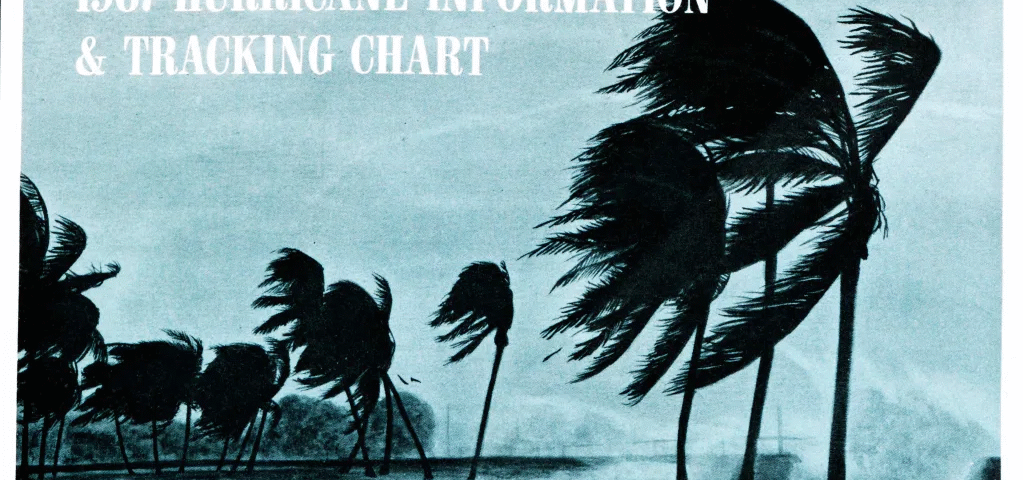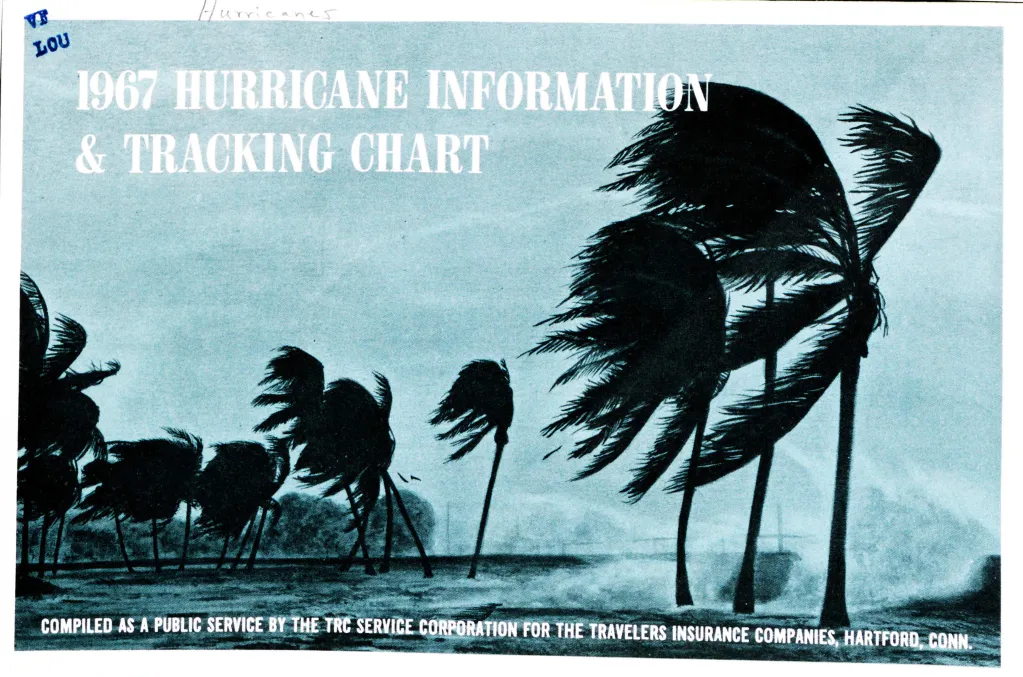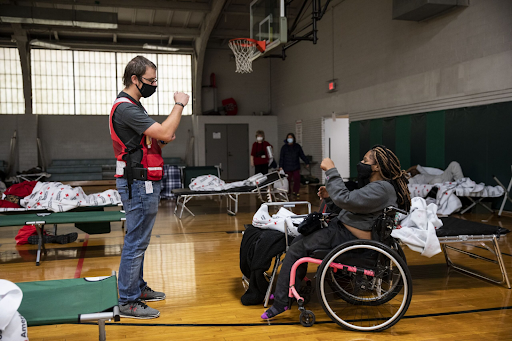Preparing for Hurricane Season

By Diane McMartin, JPoint Communications Specialist

While we think of hurricanes as a late summer/early fall phenomenon, Atlantic Hurricane Season is actually from June 1-November 30, and climate change is resulting in more hurricanes at the outer edges of the season. This makes preparedness even more important.
JPoint team members Kate Hochstein and Destiny Aman have done extensive work for the National Flood Insurance Program (NFIP), so helping folks be more prepared for hurricane season is a subject near and dear to them. In their work for the NFIP, they focused primarily on encouraging folks to buy flood insurance – especially those who might have thought that they couldn’t afford it, or that it wouldn’t be worth it.
This can be true for emergency preparedness in general – it can seem daunting, expensive, or as though whatever small ways you can prepare won’t possibly be enough. Indeed, the behavioral science concept of self efficacy (the belief that you can be successful at a task) is a big factor in preparedness behavior.
The good news is that not only can you be successful at preparing for emergencies, but doing so also raises the overall preparedness of your family and community, as you can serve as a resource for others. Here we’ll try to break down what you should be thinking about to prepare for hurricane season, and some things to consider beyond generic “build an emergency kit” advice.
Preparedness will look different for everyone! Not everyone has the resources to build a compound complete with a generator and a year of emergency supplies, but that doesn’t mean that you can’t help yourself, your family and your neighbors in the event of a hurricane.
Do you have young children? Your go-bag and emergency supplies might have to include things like diapers or shelf-stable, ready-to-drink formula. If you have pets, you’ll want to include any food or medications they need.
Your state has resources that can help you prepare. For example, North Carolina has this handy graphic that directs residents to procure items for their emergency kit over time during the summer, so by peak hurricane season, they’re prepared. Folks here at JPoint have been known to put emergency kit items on their holiday wishlists – collecting more expensive items (like a battery bank or a generator) over time.

Another factor to consider is accessibility. For folks with physical disabilities, it’s important to know whether or not you can navigate the shelters in your area: https://www.vaemergency.gov/aem/archive/physical-accessibility-of-community-spaces.pdf. Use your state’s resources to do some research on what buildings are likely to be used as shelters. Are these buildings accessible to you? If not, what would you need to make them more accessible? For neurodivergent family members, consider planning ahead for the sensory impact of emergencies – packing helpful items (like headphones, fidgets, etc.) to soothe and support.
Now that you’ve prepared yourself and your family, widen your circle a little bit and think about your extended family if they live close to you and your neighbors. Do any of them have specific needs? Are there things you can add to your stock of emergency supplies that might help them? Virginia has the Community Emergency Response Team (CERT) program to train you to help your community during an emergency. Additionally, consider taking a basic first aid course such as the ones offered by the Red Cross.
Your location is another variable to consider. Folks in coastal and/or flood-prone areas are most at risk and should put the most energy into their hurricane season prep. But even areas further inland can experience high winds and power outages during storms.
Swiss cheese can provide a useful metaphor when thinking about emergency preparedness. Each slice of Swiss cheese has holes, just as each person’s preparedness efforts will be imperfect. But those Swiss cheese slices stacked on top of each other will form a solid block of cheese and nothing will fall through the holes, just as we can hopefully care for everyone in our communities with our combined efforts. Is it lunchtime yet?

It’s not too late! Atlantic Hurricane Season goes until November 30. Are you looking for support for your organization during future hurricane seasons? Our team is passionate about making communication inclusive to help keep our communities safe.


